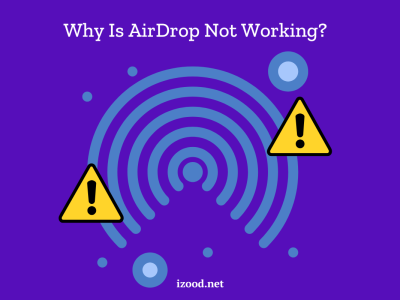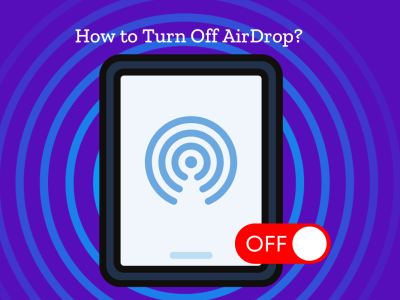Art is a form of human expression that can be created using various media, such as painting, sculpture, photography, music, literature, and so on. Art can convey emotions, ideas, messages, or aesthetics to the audience. However, in recent years, a new phenomenon has emerged in the art world: AI art. Get ready to be awed by the extraordinary fusion of human ingenuity and cutting-edge technology as we embark on a thrilling journey and to know “What is Ai art”, and how it works.
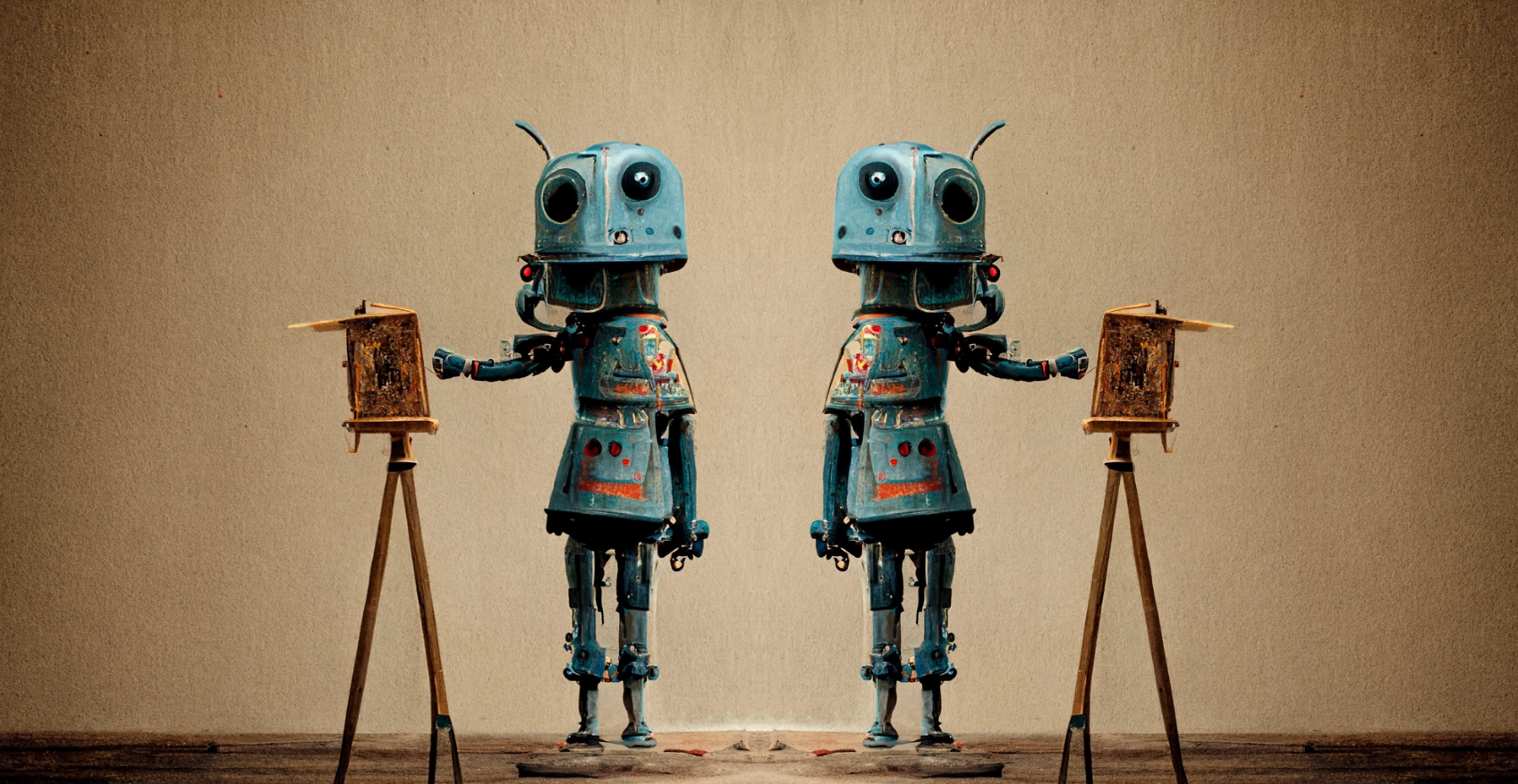
What is AI Art?
AI art is a term that refers to art that is created by artificial intelligence (AI) systems, such as neural networks, generative adversarial networks (GANs), or evolutionary algorithms. AI art can be seen as a form of computational creativity, which is the study of how computers can produce novel and valuable outcomes in various domains. AI art can also be considered as a subfield of digital art, which is art that uses digital technologies as part of the creative or presentation process.
How does AI art work?
There are different methods and techniques that can be used to create AI art, depending on the type and style of the artwork. However, one of the most common and popular approaches is to use GANs. GANs are a type of neural network that consist of two components: a generator and a discriminator. The generator tries to create realistic images from random noise, while the discriminator tries to distinguish between real images and fake images generated by the generator. The generator and the discriminator compete with each other in a game-like scenario, where the generator tries to fool the discriminator and the discriminator tries to catch the generator. Through this process, both components learn from each other and improve their performance.
GANs can be used to create AI art by feeding them a large dataset of images from a specific domain or style, such as portraits, landscapes, abstract paintings, or anime characters. The generator then learns to produce new images that resemble the ones in the dataset, but are not exact copies. The discriminator then evaluates the quality and realism of the generated images and provides feedback to the generator. The result is a collection of original and diverse images that can be considered as AI art.
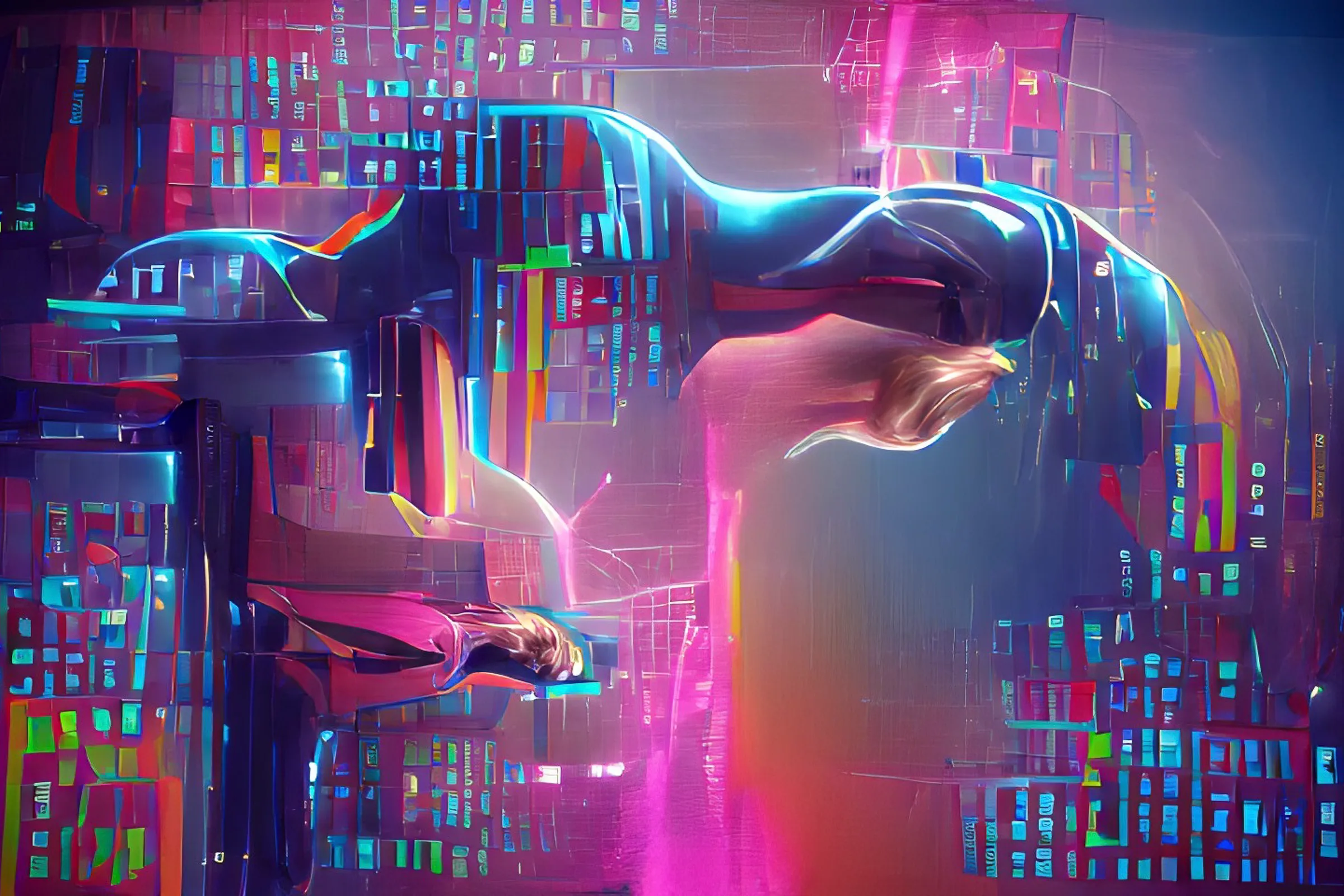
How are artists using AI?
Artists are using AI as a creative partner, a source of inspiration, and a tool for experimentation. AI can help artists generate new images, sounds, and texts that can spark their imagination and challenge their conventions. AI can also help artists analyze and improve their work, as well as reach new audiences and markets.
Some examples of artists who are using AI in their art are:
- Refik Anadol
He is a Turkish media artist who uses AI to create immersive installations that explore the relationship between humans, machines, and data. He uses machine learning algorithms to process large datasets of images, sounds, and texts, and then projects them onto walls, floors, ceilings, or sculptures. His works aim to create a new form of digital memory and perception.
- Anna Ridler:
She is a British artist who uses AI to create generative artworks that explore the themes of nature, history, and storytelling. She uses GANs to produce images that are based on her own drawings or paintings, as well as historical or literary sources. Her works often involve changing or evolving elements that respond to external factors, such as the price of Bitcoin or the seasons.
- Holly Herndon
She is an American musician and composer who uses AI to create experimental music that explores the possibilities and limitations of human and machine voices. She uses a custom-built AI system called Spawn, which is trained on her own voice and other sounds, to generate vocals, melodies, and harmonies. Her music aims to create a new form of collaboration and communication between humans and machines.
Examples of AI art
AI art has been gaining popularity and recognition in recent years, both among artists and collectors. Some examples of AI art are:
- Edmond de Belamy: This is a portrait of a fictional aristocrat that was created by a GAN trained on 15,000 portraits from the 14th to the 20th century. It was sold for $432,500 at Christie’s auction house in 2018, making it the first AI artwork to be sold at a major auction. The portrait was created by a French collective called Obvious, who signed it with a mathematical formula that represents the GAN algorithm.
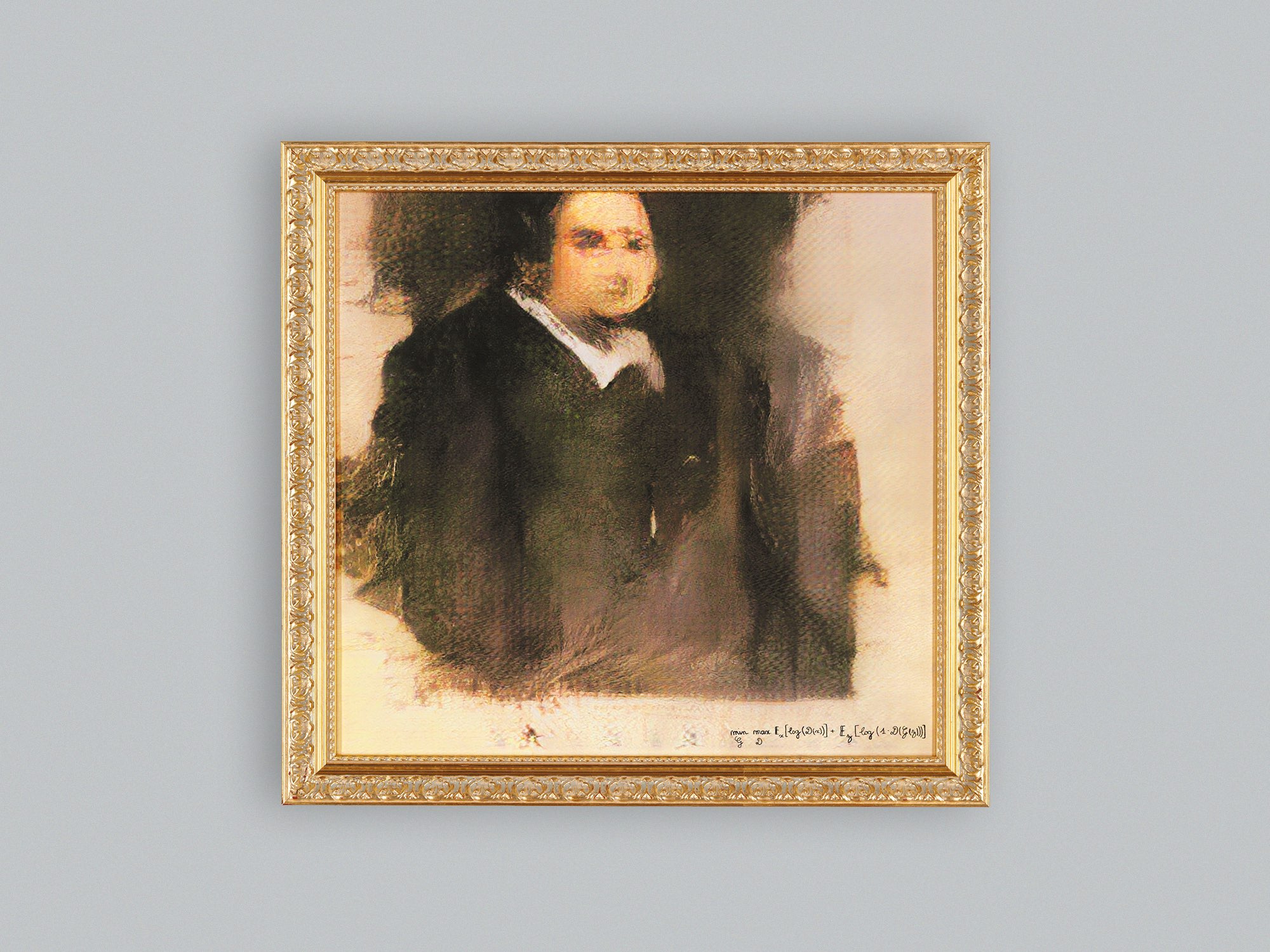
- AICAN: This is an AI system that was developed by Ahmed Elgammal, a professor at Rutgers University, and his team. AICAN can generate abstract paintings that are inspired by human artists, such as Picasso, Pollock, or Rothko. AICAN was trained on over 80,000 images of artworks from different periods and styles. It can also evaluate its own creations and select the ones that are more novel and surprising. AICAN’s paintings have been exhibited in several galleries and museums around the world.
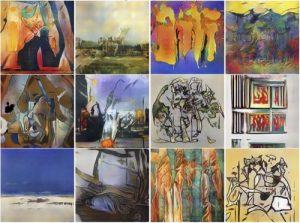
- This Person Does Not Exist: This is a website that displays realistic faces of people who do not exist in real life. The faces are generated by a GAN called StyleGAN2, which was developed by NVIDIA researchers. StyleGAN2 can create high-quality images of human faces with various attributes, such as age, gender, ethnicity, hair style, facial expression, and so on. The website updates every few seconds with a new face. The website was created by Phillip Wang, a software engineer at Uber.
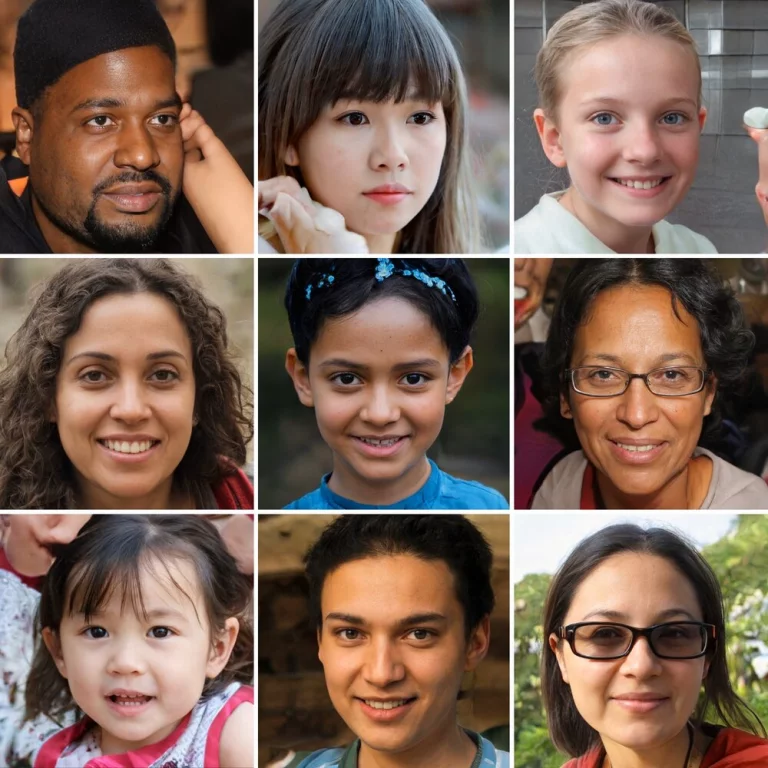
Challenges and opportunities of AI art
AI art poses several challenges and opportunities for both artists and society. Some of these are:
- Authorship and ownership: Who is the author and owner of an AI artwork? Is it the human who designed and trained the AI system? Is it the AI system itself? Is it the human who selected or curated the output? Is it the collector who bought or commissioned the artwork? These questions raise ethical, legal, and economic issues that need to be addressed and resolved.
- Creativity and originality: Is AI art creative and original? Can AI systems generate novel and valuable outcomes that are not derived from existing data or human input? Can AI systems understand and appreciate the meaning and context of their creations? Can AI systems express their own emotions, intentions, or personalities through their artworks? These questions challenge the notion and definition of creativity and originality, both for humans and machines.
- Impact and influence: How does AI art impact and influence human culture and society? Does AI art enrich or diminish human creativity and diversity? Does AI art inspire or intimidate human artists? Does AI art educate or manipulate the audience? Does AI art reflect or shape the values and norms of the society? These questions explore the potential and consequences of AI art, both positive and negative.
Also Read: “Best AI story generators”
Conclusion
AI art is a new and emerging phenomenon that has attracted a lot of attention and controversy in the art world. AI art is created by artificial intelligence systems that can generate realistic and diverse images from various domains and styles. AI art can be seen as a form of computational creativity, as well as a subfield of digital art. AI art poses several challenges and opportunities for both artists and society, such as authorship, ownership, creativity, originality, impact, and influence. AI art is a fascinating and provocative topic that invites further exploration and discussion.

![How to Pause Location on Find My iPhone Without Them Knowing? [2024] 25 how to pause location on find my iphone](https://izood.net/wp-content/uploads/2024/10/How-to-Pause-Location-on-Find-My-iPhone-Without-Them-Knowing-400x300.png)

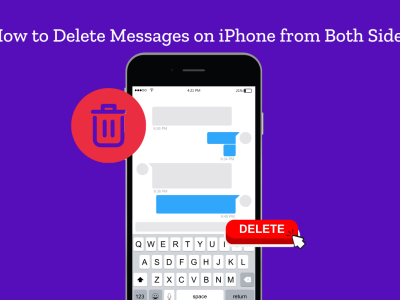
![How To Inspect Element on iPhone [4 Methods] 28 how to inspect element on iphone](https://izood.net/wp-content/uploads/2024/10/how-to-inspect-element-on-iphone-3-400x300.png)
